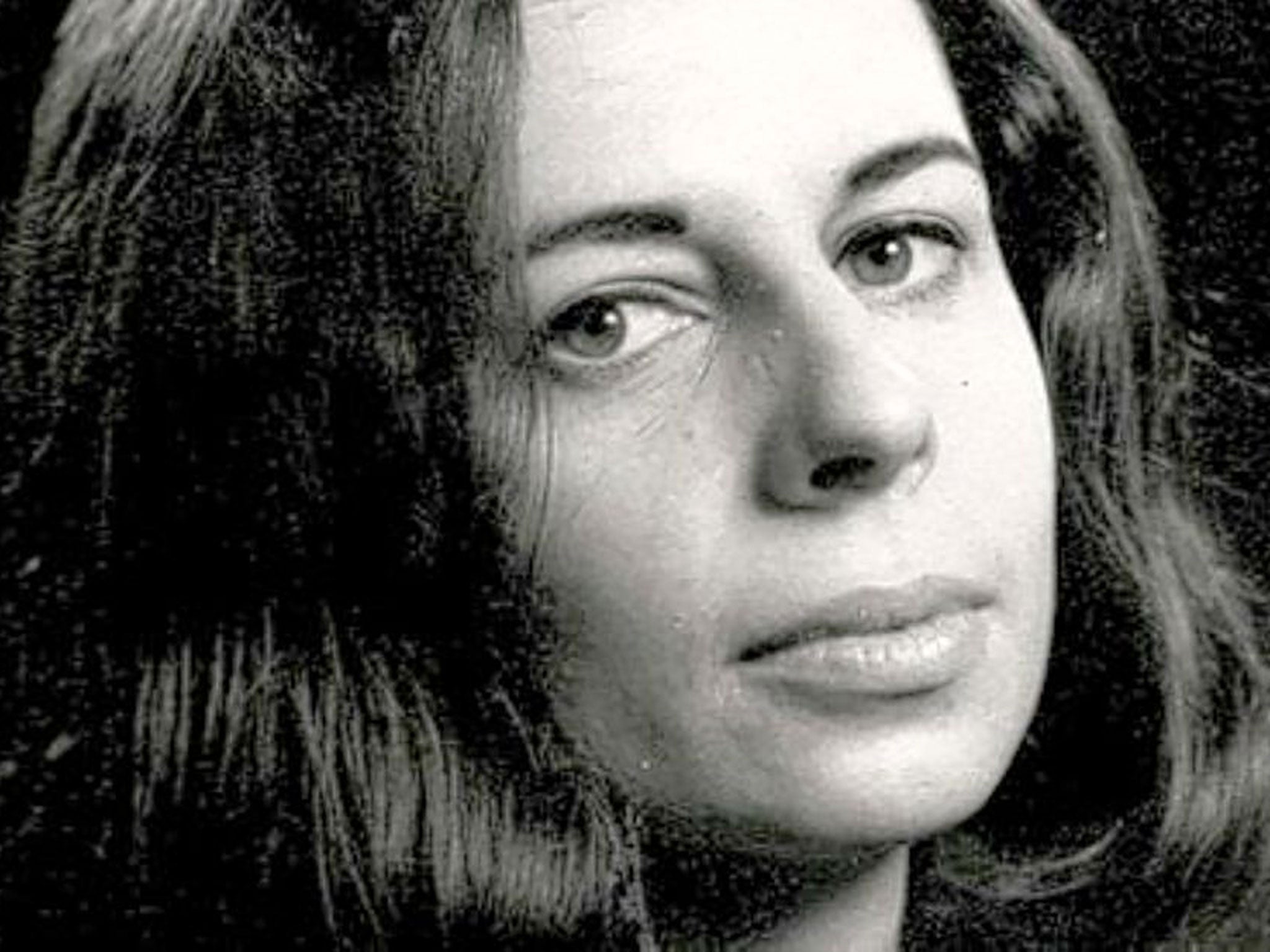Professor Anne Barton: Shakespeare scholar who did much to illuminate his work and place it in its contemporary and historical context

Anne Barton's special qualities as a Shakespearean scholar made themselves apparent while she was still a Bryn Mawr undergraduate. A final-year paper on Love's Labour's Lost, then an undervalued and neglected play, was rated so highly that it was published in Shakespeare Quarterly in 1953. That essay transformed how we now read a work which always thereafter retained a special place in Barton's affections.
Her enthusiasm for it was ardently shared by her second husband John Barton, one of the founders, with Sir Peter Hall, of the Royal Shakespeare Company. (An earlier marriage, to William Righter, had ended in divorce.) In 1979 John Barton directed for the RSC the finest modern staging of the play, a production richly inflected by his wife's vivid summoning of its idiosyncratic tonality, and especially its extraordinary final movement in which in "the space of four lines the entire world of the play, its delicate balance of reality and illusion, all the hilarity and overwhelming life of its last scene" is "swept away and destroyed, as Death itself ... enters the park" in which the comedy's action has been set. The eloquence with which, at the age of 20, Barton evoked the special qualities of this unique sequence signalled a capacity to convey, with revelatory clarity, moments of dramatic innovation which had previously gone unremarked.
Comparable powers were evident in her first monograph, Shakespeare and the Idea of the Play (1962). Derived from her Cambridge doctoral thesis, it provided a pioneering and authoritative investigation of the metatheatricality ubiquitous in Shakespeare's playwriting. Many Shakespearean experts tend to focus on their principal subject's oeuvre to the exclusion of almost everything else. This was never Barton's way.
As early as Shakespeare and the Idea of the Play she found it natural to look, for instance, to mid-Tudor plays like Jack Juggler and Johan Johan to shape a genealogy and context for Shakespeare's achievements and to such neglected contemporary works as Marston's What You Will and Sophonisba for foils to identify, by contrast, the distinctive emphases of Shakespeare's creativity. Such unforced ease of reference, based on encyclopaedic reading and outstanding powers of recall, is the foundation on which her richest scholarly achievements are based.
Barton's exploration, for instance, of Shakespeare's portrait of a disguised Henry V moving through the English army's encampment on the eve of Agincourt unaffectedly and purposefully, evokes parallels and analogues for this episode in a rich array of plays such as George a Greene, Heywood's Edward IV, The True Chronicle History of King Leir, and Fair Em, the Miller's Daughter of Manchester. A narrative inheritance is fluently mapped at the same time as it is mobilised to pinpoint, with new exactness, Shakespeare's radical reinvention of that inheritance.
Her relish for material that others might judge recondite included an imaginative sympathy which could irradiate with fresh illumination works at the margins of the conventional canon. A characteristic analysis of John Ford's Perkin Warbeck invokes the anticipated Shakespearean precedents and sources, but also plays by Massinger, Cokain, and Cartwright on the theme of "he that plays the king", and so onwards to the post-regicide pamphlet play, The Famous Tragedy of Charles I. In the process, Barton authoritatively anatomises the riddling, politically provocative, design of the belated masterpiece Ford inventively bred from the English history play tradition.
In the preface to her Essays, Mainly Shakespearean (1994), Barton quoted Walter Pater, the tutelary spirit behind her Love's Labour's Lost essay, in praise of writers "who have a distinct faculty of their own by which they convey to us a peculiar quality of pleasure which we cannot get elsewhere". She happily confessed to discerning the presence of that "distinct faculty" in plays more traditionalist spirits deemed unworthy of serious attention.
That willingness to dissent from conventional estimations could inspire her to drastic re-evaluations of careers. Her British Academy lecture on the poetry of John Wilmot, Earl of Rochester, reconnoitred the challenging, paradoxical, aggression in which this Restoration court wit specialised, with an incisiveness which set new agendas for the study of a previously underappreciated writer. A similar willingness to look afresh inspired her transformative advocacy of the late plays of Ben Jonson, the so-called "dotages". The empathetic insight with which she unpacked, for example, the intricate logics which characterise The New Inn was not only responsible for instigating a new scholarly respect for that comedy, but also prompted John Caird to mount his highly applauded 1987 RSC staging of it.
In a crowded life Barton held a series of major academic appointments. In 1960 she became a Research Fellow at Girton College, Cambridge, and then was appointed to an Assistant Lectureship in the Cambridge English Faculty. In 1972 she moved to a Professorship at Bedford College, London, and then, two years later, became – to the chagrin of some conservatives there – the first woman Fellow of New College, Oxford. In 1984 she returned to Cambridge, as Professor and as a Fellow of Trinity College, where she remained until her death.
An outstanding cook, she was also a generous hostess, a loyal and supportive friend and an unstinting supporter of younger scholars whose work she admired. She was also the devoted owner of a succession of Somali cats, whose names – Thaisa, for instance, Armin, and Damon and Pythias – reflected her literary enthusiasms. Omnivorous reading, and writing about that reading, always, however, remained at the centre of her life. It was cruel that in her final years macular degeneration gradually withdrew that pleasure from her. But her intelligence remained undimmed, as did her curiosity about developments in the scholarly field to which she had made so striking a contribution.
Barbara Anne Roesen, Shakespeare scholar: born 9 May 1933; married 1957 William Righter (marriage dissolved), 1969 John Barton; died 11 November 2013.
Join our commenting forum
Join thought-provoking conversations, follow other Independent readers and see their replies
Comments